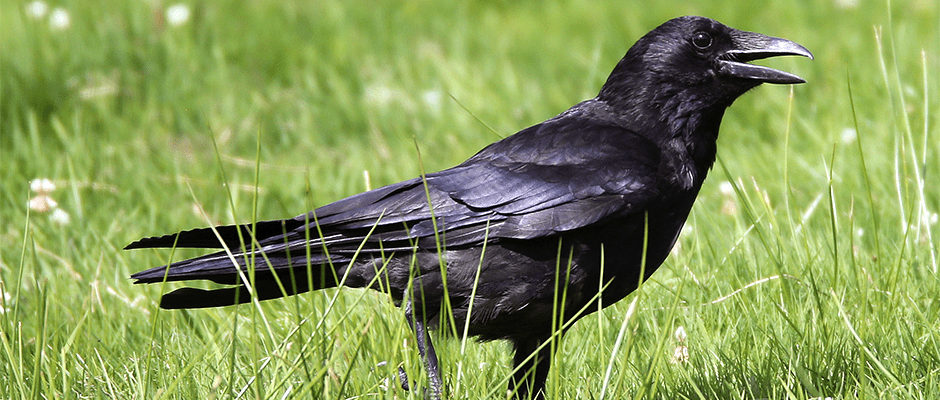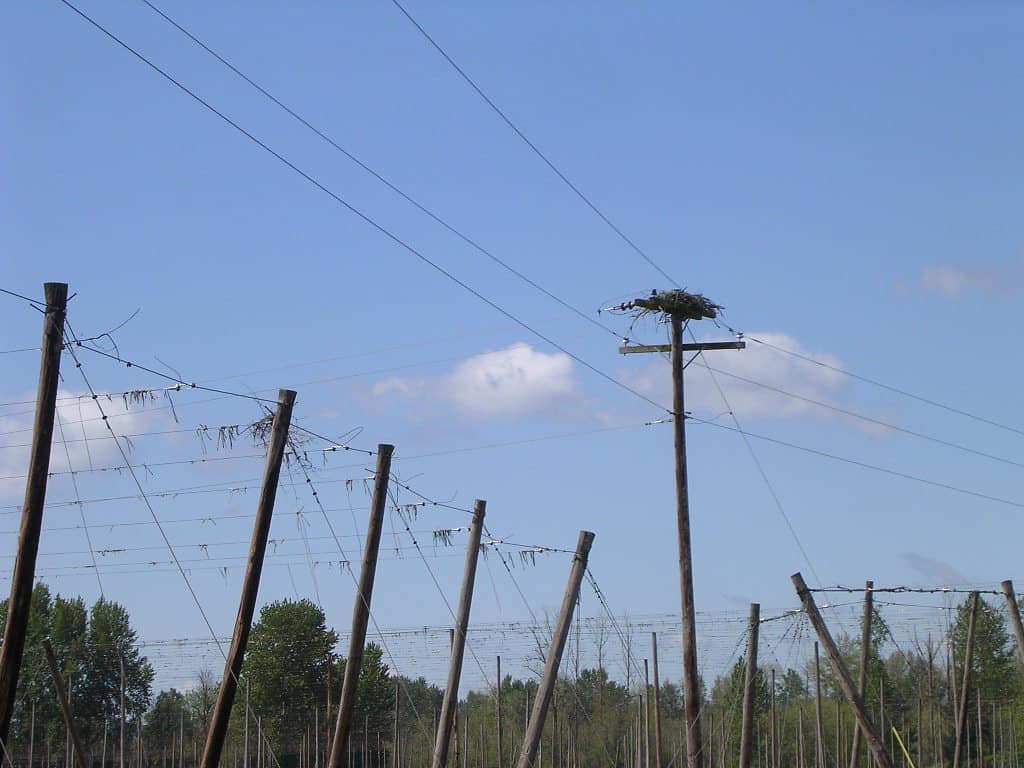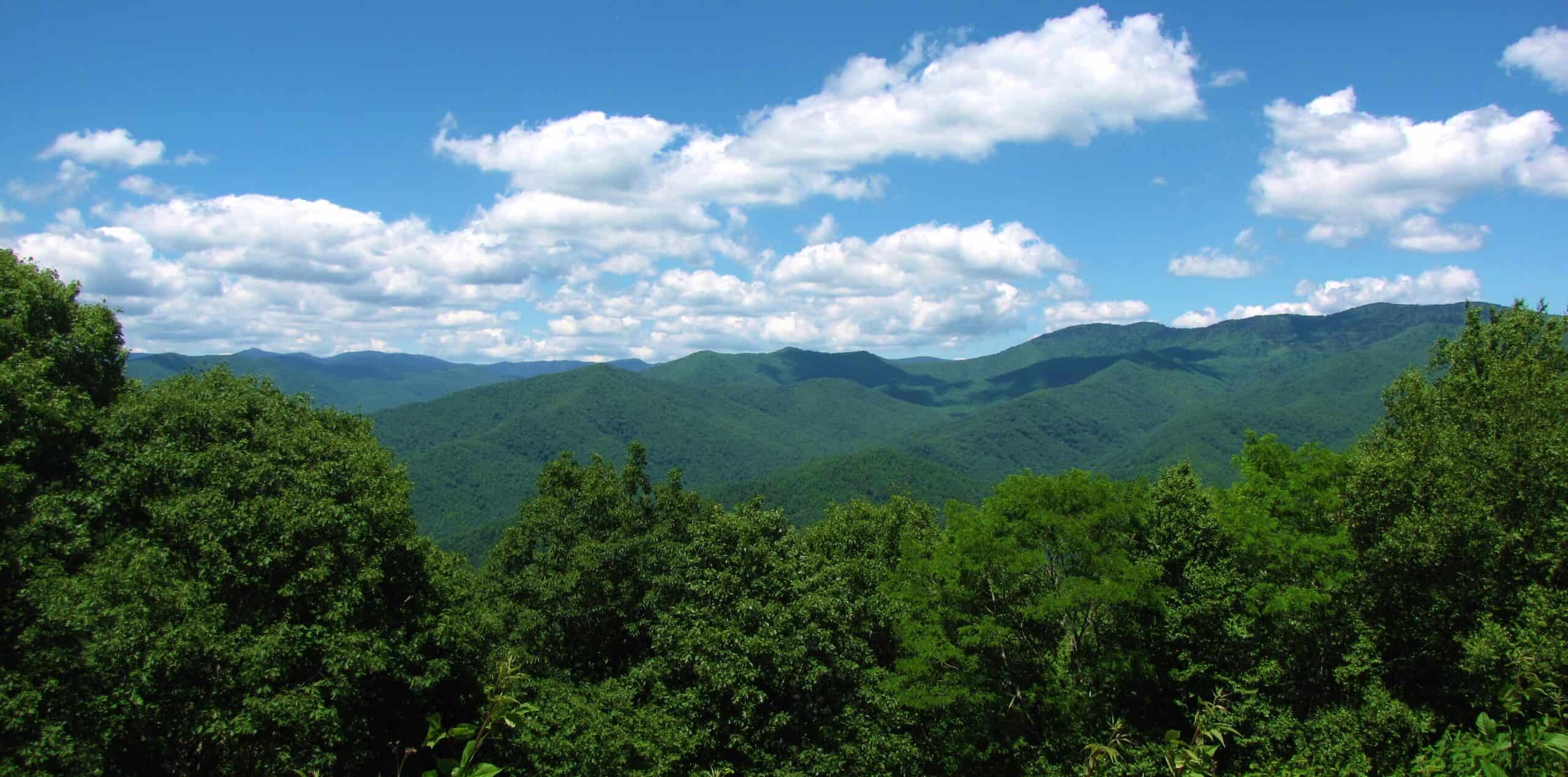Share this article
Are conservationists ignoring culture?
Conservationists tend to focus on safeguarding species that are ecologically or economically beneficial, limited in number or suffering severe population decline. But are they leaving out other important values?
A team of researchers in the United Kingdom suggests that some species play vital roles in human culture, and conservation efforts ought to expand to protect these as well.
“Different species bring different things to the table, have different functions or are different in other respects we might value,” said Matthew Hiron, lead author on the paper published in Scientific Reports. It looked specifically at farmland birds and their value based on a range of criteria.
“The focus of this study was to quantify that different species of birds are culturally valuable,” Hiron said. “How many species in a community are important from different societal perspectives? Are the same species important for different values?”
A landscape ecologist with the Swedish University of Agricultural Sciences, Hiron and his team scored 38 farmland bird species according to various criteria of value, such as rarity, population decline and their economic significance due to pest control and other services they perform. But the researchers also ranked the birds’ cultural status based on the number of times they appeared in poetry by searching more than a million poems.
“Biodiversity has a greater role the more values you look at,” Hiron said. “Different species were important for different values.”
While the stone-curlew (Burhinus oedicnemus) came out on top in terms of rarity and the turtle dove (Streptopelia turtur) in terms of decline, the chaffinch (Fringilla coelebs) ended up first for economic contributions and the crow (Corvus spp.) for cultural mentions.
Conservationists often aren’t interested in common species, Hiron said, but they provide important services, including pollination, and many are declining. But they also hold cultural importance that ought to be taken into consideration, he said.
“Cultural ecosystem services are so important to motivate conservation,” Hiron said. “At the same time, they’re hard to quantify. Our job as ecologists is to quantify these things, take them to policymakers and say these species are important for this.”
Header Image: A carrion crow struts around a farm in Powys, Wales. ©Edwyn Anderton








